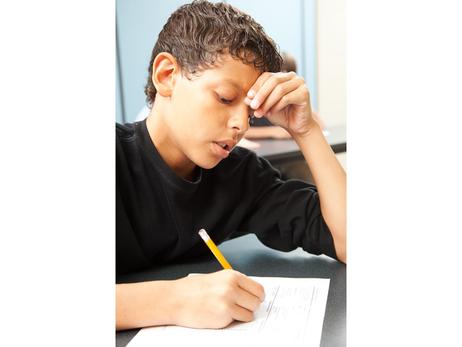One of the most compelling arguments for private education has to do with the curriculum. Because very few private schools accept public funds, they are not required to comply with federal and state rules and regulations regarding what is taught. In other words, they do not have to teach to the test. George Bush's No Child Left Behind does not apply to private schools.
Private schools use a variety of curricula according to their mission and needs. For example, a Jewish day school will blend Judaic studies with a core curriculum designed to accomplish two things: to raise observant Jews who are well-schooled in their religion as well as producing well-prepared matriculants ready for the rigors of a college education.
A Classical Christian education will emphasize traditional subjects such as rhetoric. It will also infuse every aspect of its teaching with evangelistic fire and purpose. Religion in a Classical Christian school is not an option any more than it is in a Muslim or Jewish or Roman Catholic school. All these schools can take valuable teaching time to accomplish their missionary objectives because they take no state funds. They basically can march to their own pedagogical tune as long as their clientele is satisfied that the school is doing a good job.
This video offers an overview of Rochelle Zell Jewish High School.
What about prep schools? Religion for most prep schools is merely one more subject offering on the curriculum menu. That does not mean that religion and spiritual values are not taught. They blend in with the other subject offerings. In most prep schools the emphasis is on AP exam preparation. About 30 American private schools offer the IB program.
How can you measure the academic success of a particular private school? Start by asking where last year's class got accepted. How competitive is the admissions process? While academic achievement and competitive admissions are not necessarily linked, they do give you an idea of what other parents think about the school.
So, do your research carefully. This is where you need to get granular and actually review the various components of the school's curriculum and determine if they all meet your objectives. If the school offers Advanced Placement, how many courses does it offer? What has been their success rate in previous years? Do they offer the International Baccalaureate diploma preparation? That program is very tightly controlled by the IB organization, so the standards should be high. Both AP and IB will stretch your child. The question in your mind has to be just how much stretching do you want her to undergo.
Private schools don't teach to the test. They teach to prepare their students for serious academic work in college. They also balance academics with athletic and extra-curricular activities thereby teaching the whole child.
Questions? Contact us on Facebook. @privateschoolreview























